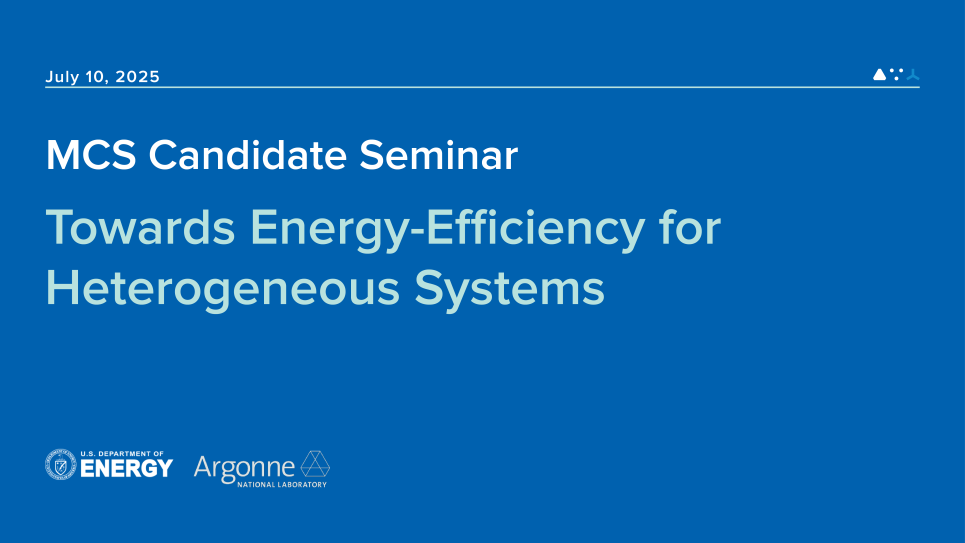
Towards Energy-Efficiency for Heterogeneous Systems
Energy efficiency is becoming a primary design concern in computing systems, driven by the increased adoption of energy-constrained devices and their growing energy demands. As systems become increasingly heterogeneous and handle more complex workloads, achieving energy efficiency becomes significantly more challenging. Traditional techniques such as Dynamic Voltage and Frequency Scaling (DVFS) struggle to adapt due to intricate performance-energy tradeoffs across multiple interacting resources, including CPUs, GPUs, and memory. Existing power prediction methods often rely on intrusive code instrumentation and workload-specific profiling, limiting scalability and generalization. To address these limitations, the proposed framework is decoupled into two components: a lightweight, resource-agnostic power prediction model that captures fine-grained application behavior without instrumentation; and a cooperative DVFS controller that improves energy efficiency using only system-level metrics while accounting for cross-resource interactions. Building on this foundation, a predictive, interaction-aware power management system is introduced, alongside energy-aware scheduling strategies, enabling proactive frequency scaling and coordinated resource management in complex computing environments.
To add to calendar:
Click on: https://wordpress.cels.anl.gov/cels-seminars/
Enter your credentials.
Search for your seminar
Click “Add to calendar”